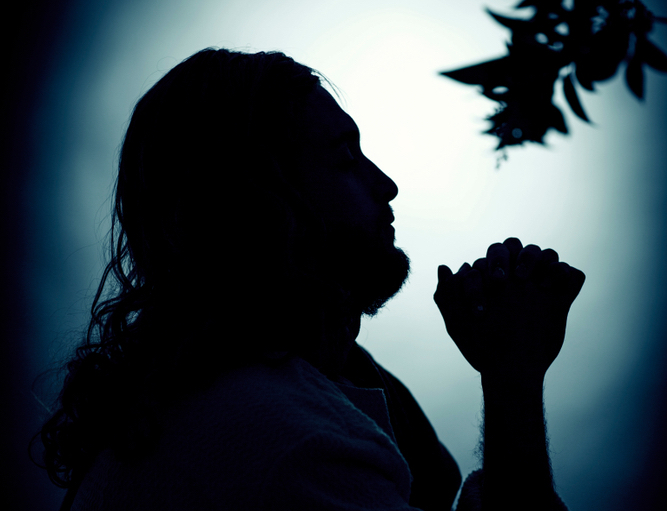Gen. 18:20-32 / Ps. 138:1-3, 6-8 / Col. 2:12-14 / Lk. 11:1-13
Though we be “but dust and ashes,” we can presume to draw near and speak boldly to our Lord, as Abraham dares in today’s First Reading.
But even Abraham — the friend of God (see Isaiah 41:8), our father in the faith (see Romans 4:12)—did not know the intimacy that we know as children of Abraham, heirs of the blessings promised to his descendants (see Galatians 3:7, 29).
The mystery of prayer, as Jesus reveals to His disciples in today’s Gospel, is the living relationship of beloved sons and daughters with their heavenly Father. Our prayer is pure gift, made possible by the “good gift” of the Father — the Holy Spirit of His Son.
It is the fruit of the New Covenant by which we are made children of God in Christ Jesus (see Galatians 4:6-7; Romans 8:15-16).
Through the Spirit given to us in Baptism, we can cry to Him as our Father — knowing that when we call He will answer.
Jesus teaches His disciples to persist in their prayer, as Abraham persisted in begging God’s mercy for the innocent of Sodom and Gomorrah.
For the sake of the one just Man, Jesus, God spared the city of man from destruction (see Jeremiah 5:1; Isaiah 53), “obliterating the bond against us,” as Paul says in today’s Epistle. On the Cross, Jesus bore the guilt of us all, canceled the debt we owed to God, the death we deserved to die for our transgressions.
We pray as ones who have been spared, visited in our affliction, saved from our enemies.
We pray always a prayer of thanksgiving, which is the literal meaning of Eucharist. We have realized the promise of today’s Psalm: We worship in His holy temple, in the presence of angels, hallowing His name.
In confidence we ask, knowing that we will receive, that He will bring to completion what He has done for us—raising us from the dead, bringing us to everlasting life along with Him.

